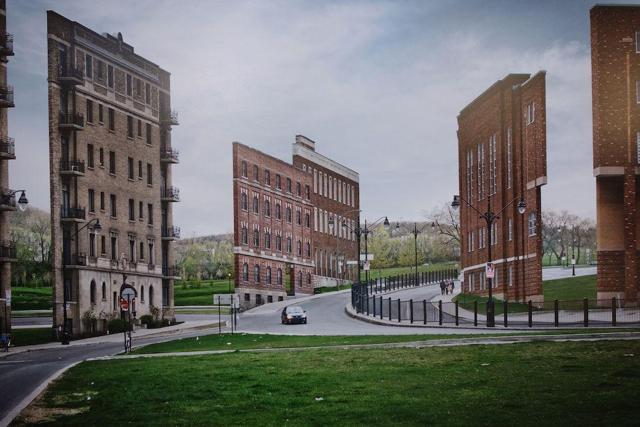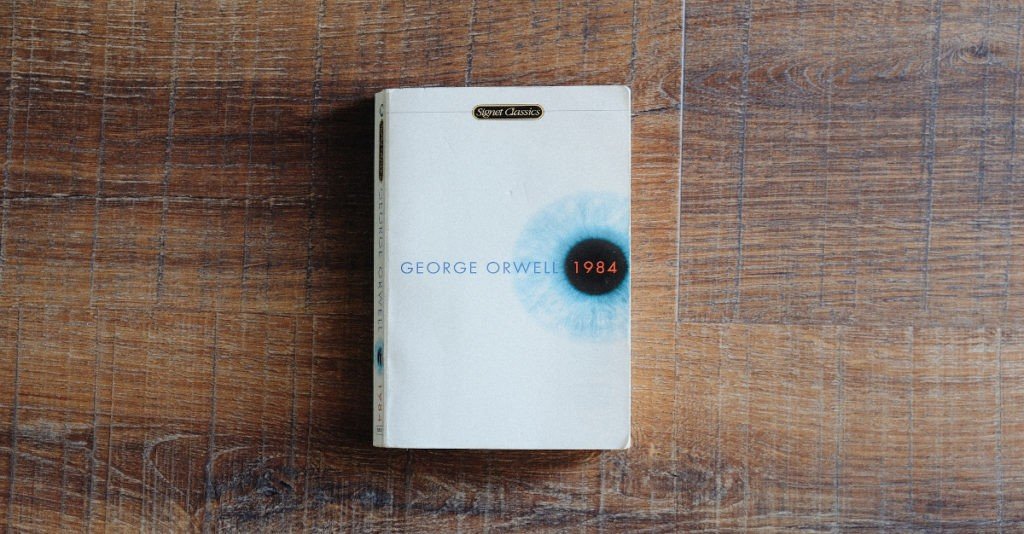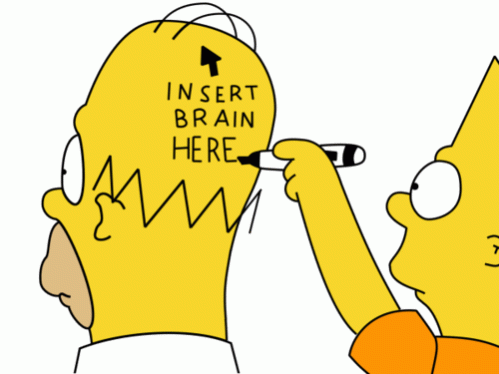Somebody wants to impose totalitarianism in the near future. The question is how and will the effort be successful. From Daniel Greenfield at frontpagemag.com:

From branding parents speaking out against critical race theory and sexual ideology in schools as terrorists to the Mar-a-Lago raid, Attorney General Merrick Garland’s radicalized Justice Department transforms pre-election political opposition into national security threats.
The infamous DOJ letter on schools was sent out a month before the gubernatorial election in Virginia, where the National School Board Association, not to mention much of the D.C. establishment, is based. Much as Garland’s DOJ operatives feared, the school protests helped elect Gov. Glenn Younkin and nearly toppled New Jersey’s Democrat governor in the bargain.
The Mar-a-Lago raid was carefully timed around the DOJ’s day policy of avoiding politically sensitive moves 90 days before an election. The real election it has its eye on is in 2024.
And, if it has its way, 2024 will be the new 1984.
The Steele dossier, the Mueller investigation, the Mar-a-Lago raid, and everything before and after are part of the larger Spygate continuum which is marked by the use of national security tools to suppress the political opposition especially before and during elections. The claims of national security, whether they involve the Russians or classified documents, are just a tactic that allow Democrat officials to wield virtually unlimited investigative powers cloaked in secrecy.







